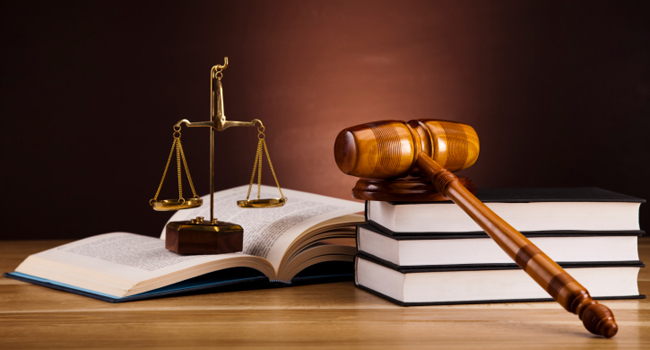If you’re in need of a lawyer, the choices are overwhelming. What do you do to choose which lawyer to choose? What questions should you ask? These are some of the questions you can ask for help to start.
1. What are the requirements for experience in this instance? If not then what experience is needed?
Some lawyers are not experienced in all types of cases. It is essential to choose an attorney with experience in the particular area of law pertinent to your particular case. A family law attorney is essential when you’re filing for divorce. If you were injured in an accident, you’ll require an attorney who has expertise in personal injury.
2. Where do lawyers practice?
The location of the attorney’s office could be crucial, particularly when you are required to go to court. Local lawyers are preferred when you need someone that is familiar with the laws of your region. It is also essential to think about how far you will need to travel to visit your client or take depositions.
3. How much will the lawyer be charged?
Although most lawyers charge an hourly rate however, some lawyers might offer a flat rate to provide a particular service. You’ll want to ask which lawyer is going to cost you and what features are included in the cost. Some lawyers may also require retainer payments, which are an advance payment that guarantees the lawyer will be available to handle your case.

4. What is the reputation of the lawyer?
Do not just accept the lawyer’s word as it. Check out what others have said about the lawyer. You can also check online reviews or ratings.
5. How accessible is the lawyer?
It is vital that you are able to contact your lawyer. Ask your lawyer when they’re available as well as what means of communication they employ (phone or email, or text). If you’re in need of a lawyer for a legal emergency it is essential to know if your lawyer is available.
6. What kind of person is a lawyer?
The law profession requires a high level of interpersonal skills, which is why you’ll need an attorney who works effectively with you. The lawyer should be able speak clearly and you need to feel comfortable discussing your case.
7. Does the lawyer have the right to practice in my state?
Every state has their own licensing requirements for lawyers. Make sure the lawyer you choose is licensed to practice law in the state you reside in.
8. What is the fee structure for lawyers?
Get an outline of the charges to determine what you will be paying. This will allow you to make a plan and stay away from financial burdens in the near future.
9. What amount of time will the attorney be able to dedicate to my case?
This is a crucial aspect to consider Particularly if you want your attorney to keep working on your case long after you have paid. It is also important to find out whether the work is ongoing, or if it is an one-time transaction. Certain lawyers might not be able to continue with your case if it goes more than anticipated.
10. How will you be kept updated by your lawyer on the case?
You’ll need a lawyer who regularly updates you and lets you know what is going on throughout the day. It is possible to request a timeline of future events for instance, deadlines for court dates as well as the process to meet deadlines.
11. Are they experienced lawyers in cases like yours?
The lawyer you choose should be familiar with cases similar to yours. This guarantees you the highest chance of getting success.
12. What are the qualifications for the lawyer?
You’ll need to be sure that the lawyer you choose has the appropriate qualifications to handle your type of case. You should look for your attorney in estate planning to be either an attorney who is licensed with the state bar association or a certified public accountant (CPA).
These are the most important concerns to ask any lawyer prior to making the decision to engage them. Before you make a decision ensure you’ve compared costs and rates.
For more information, click Jussie smollett lawyer